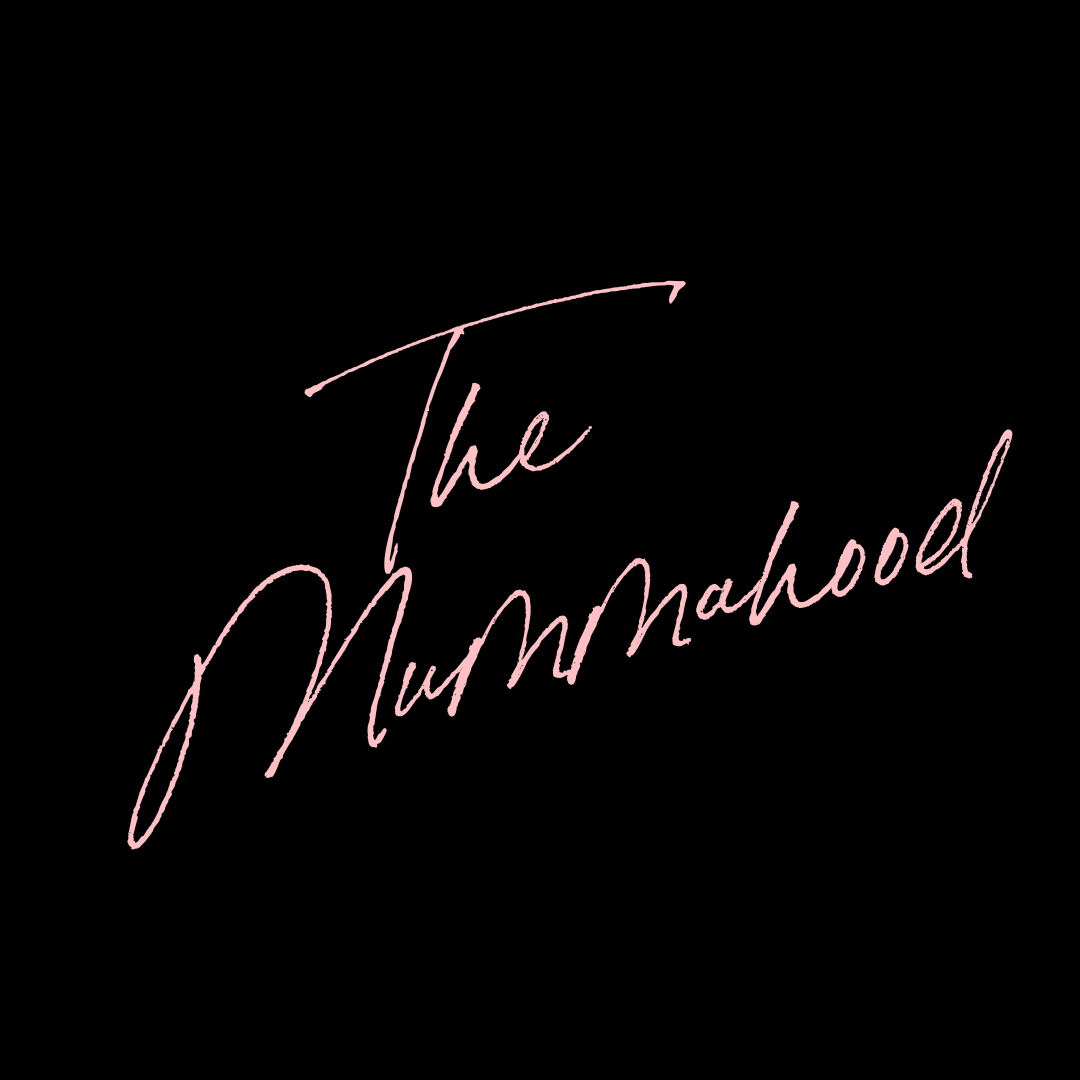What Is Postnatal Depletion
"overall change in maternal nutritional status over one reproductive cycle in relation to possible depletion and repletion phases and in relation to initial nutritional status"
Postnatal Depletion affects so many new mothers, yet it often goes unrecognised and untreated. It is a feeling of extreme fatigue and exhaustion that can last for months or even years after giving birth. It is caused by a combination of factors, including hormonal changes, lack of sleep, and the physical demands of caring for a new baby.
Your body has been on an emotional and physical rollercoaster during pregnancy, birth and after. Your body has been sharing vital nutrients with your baby and can leave your energy levels low mixed with hormones trying to rebalance and a body trying to heal. It is a lot and completely understandable that it can feel depleted.
What are the Symptoms of Postnatal Depletion
The symptoms of postnatal depletion can vary from mother to mother, but they often include:
- Extreme fatigue
- Insomnia
- Irritability
- Anxiety
- Difficulty concentrating
- Memory problems
- Loss of interest in activities
- Decreased libido
- Hair loss
- Skin changes
- Digestive problems
- Weakened immune system
It is important to understand the signs and symptoms of postnatal depletion, you know yourself best, trust if you don't feel right. These may include feeling constantly tired and run down, having trouble sleeping even when your baby is sleeping, experiencing mood swings or feeling overwhelmed, and having difficulty concentrating or remembering things.
If you feel you may be suffering with any of these, always speak to your health visitor, GP or a healthcare professional.
“In my clinic, I do not see Mothers who have failed or who are not trying hard enough. What I do see every day are Mothers who are physically and emotionally depleted, exhausted and stressed. They are at the end of their tether with no end in sight.”
Dr Oscar Serrallach - Author Of The Postnatal Depletion Cure
What Causes Postnatal Depletion
There are many factors that can contribute to postnatal depletion, including:
- Physical demands of pregnancy and childbirth: Giving birth and caring for a newborn can be physically and emotionally demanding. You may have had a difficult pregnancy or delivery, you may have other children at home who are still in need of your energy and care.
- Hormonal changes after birth: After birth, the body goes through a number of hormonal changes. These changes can cause mood swings, fatigue, and other symptoms.
- Sleep deprivation: This is a given as a parent, but it is underestimated with the toll it can take on the mind, the body and your emotions. Our body replenishes itself while we sleep so not giving it the time it needs to do this, will take its tolls.
- Social isolation: Motherhood often feels isolating even if you have a strong network of support from your family and friends. This can lead to feelings of depression and anxiety.
How To Manage Postnatal Depletion
- Get enough rest: Rest is essential for recovering from postnatal depletion. This doesn't just mean sleep. Resting your body may mean sitting down for 15 minutes, not picking up your baby or child for a moment. Time for your body to not feel pressure or weight. Resting your mind is also important. As a mother we have many tabs open in our mind and it can be easy to close them all down and power down. Try guided meditations like the ones in the Super Mumma Wellbeing Hub, yoga or even just a simple walk in the park, nature listening to your favourite playlist or podcast. Something where you don't have to think or plan etc and your mind can really get some peace.
- Eat a healthy diet: Eating a healthy diet will help you get the nutrients you need to recover. Avoid processed foods, sugary drinks, and unhealthy fats.
- Exercise regularly: Exercise releases endorphins, which have mood-boosting effects. Make sure your body is ready for whatever exercise you want to try. It doesn't have to be a full on workout, it could be Pilates, Yoga, Walking or even just dancing around the living room to your best soundtrack.
- Take time for yourself: It's important to take some time for yourself each day, even if it's just for a few minutes. Do something you enjoy, such as reading, taking a bath, or going for a walk.
- Talk to others about how you are feeling: Talking to others about how you are feeling can help you feel less alone and more supported. Talk to your partner, family, friends, or a therapist.
In the video below, I talk to nutritionist Thalia Pellegrini all about Postnatal Depletion and how nutrition can help recovery.
Postnatal Depletion is a condition that affects many lots of mums, but it is not something that you have to suffer through alone. By reaching out for help and taking care of yourself, you can start to feel better and enjoy this special time with your new baby.







